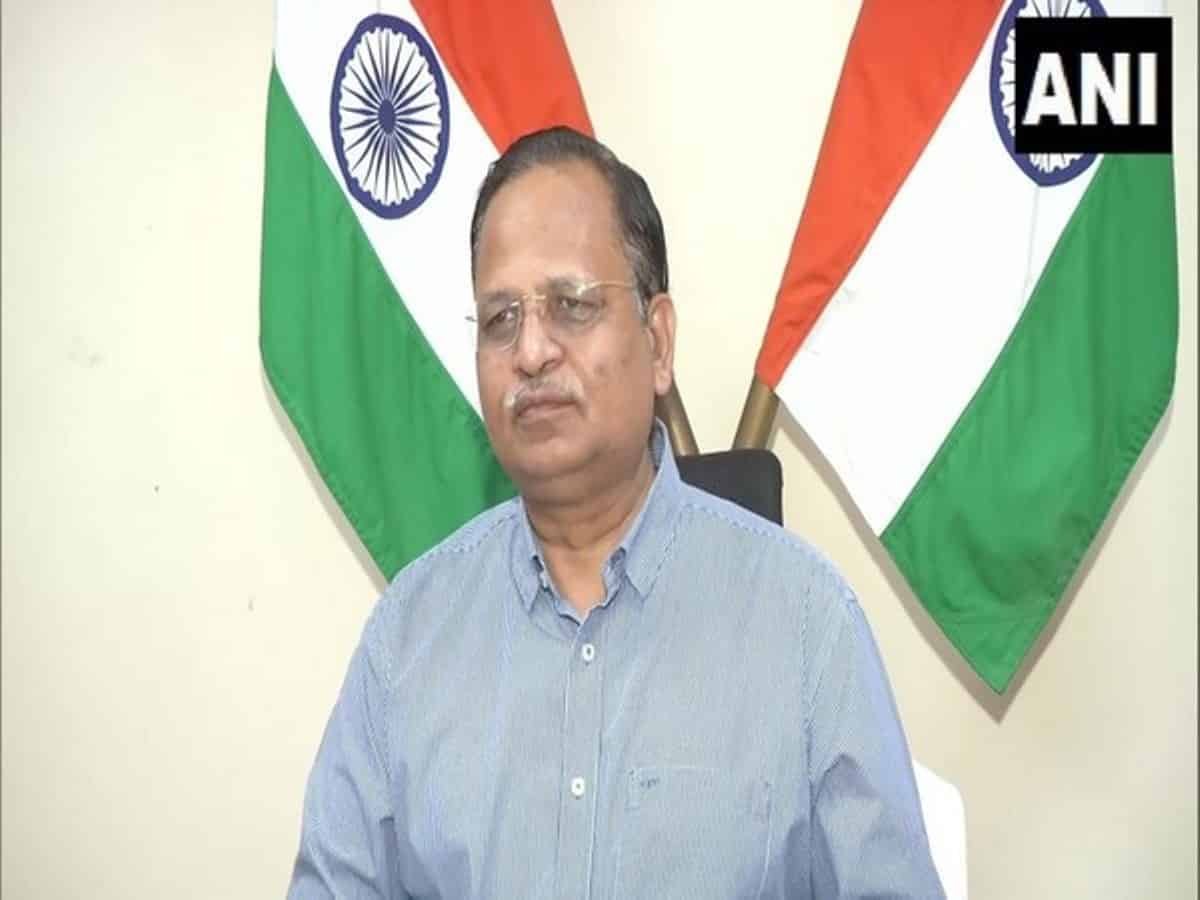
New Delhi: The Supreme Court on Thursday extended, till January 8, 2024, its order granting interim bail on medical grounds to Aam Aadmi Party (AAP) leader and former Delhi minister Satyendar Jain in connection with a case registered under the Prevention of Money Laundering Act.
Initially, a bench of Justices Bela M. Trivedi and S.C. Sharma expressed disinclination to extend the interim relief and indicated that Jain will have to immediately surrender.
However, on persuasion made by senior advocate Abhishek Manu Singhvi, who appeared on Jain’s behalf, the bench ordered extension till January 8 next year.
Singhvi submitted that Jain suffered a fall as a result of imbalance caused due to spinal operation and “heavens will not fall” if the matter is taken up in January.
Opposing this, Additional Solicitor General S.V. Raju, appearing for the Enforcement Directorate, said that fracture is “quite common” and treatment for fractured leg could be given in jail.
He also said that Jain and other accused are not cooperating with the proceedings pending before the trial court.
Without expressing any opinion on the merits of the case, the top court decided to adjourn the proceedings and extended the interim relief in the meantime.
Earlier in the day, CJI D.Y. Chandrachud said that the Justice Trivedi-led bench could continue hearing the case because Justice A.S. Bopanna, who presided over the special bench hearing the case, has requested the Chief Justice to classify it as “de-part heard”.
“Due to medical reasons, Justice Bopanna did not resume duties after Diwali. In a communication, he stated that all matters which were heard by him should be kept as de-part heard,” CJI Chandrachud told Jain’s counsel.
Singhvi has been objecting to listing of the matter before a different bench particularly when a special bench comprising Justices Boppanna and Trivedi has partly heard the matter at length and had passed a “reasoned” interim order.
The apex court in May this year had initially released Jain for six weeks on interim bail, saying a citizen has the right to receive treatment of his choice in a private hospital at his own expense but imposed various conditions, including a ban on talking with the media and leaving Delhi without permission.



